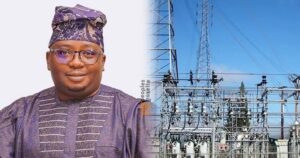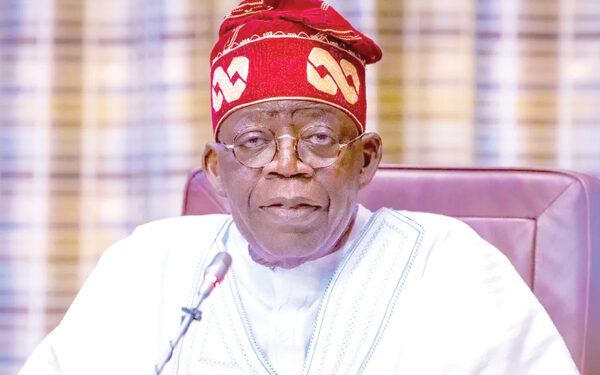The Federal Government under President Bola Ahmed Tinubu has hinted at reducing the cost of electricity in the coming months.
The Minister of Power, Chief Adebayo Adelabu, disclosed this on Thursday, October 3, 2024, when he received the Executive Secretary of the National Lottery Trust Fund, Mr. Tosin Adeyanju, who led the management team of the agency to pay a courtesy call on the Minister at the headquarters of the ministry in Abuja.

Nigerians have lamented the high cost of electricity this year following the increase of band tariffs being charged by the electricity Distribution Companies.
Currently, Band A customers are guaranteed at least 20 hours of electricity supply daily and are expected to pay N209.5 Kilowatts per hour with more citizens and manufacturers complaining of the high cost.
But speaking during the meeting, the minister said, “Nigerians can be assured of reduction in the cost of electricity, with the current effort to step up generation and distribution of power in the country.”
Adelabu claimed that electricity prices in Nigeria remain relatively low compared to other African nations, including Togo, Mali, and Niger Republic.
He noted that the country’s low-income levels often make the costs seem high for consumers., saying that electricity is more economical than running generators powered by petrol or diesel, especially in light of rising fuel prices.
Minister of Power Adebayo Adelabu has assured Nigerians that electricity costs may decrease in the coming months, as efforts to enhance power generation and distribution progress. This assurance was given during a visit by Mr. Tosin Adeyanju, Executive Secretary of the National Lottery Trust Fund, to the Ministry’s headquarters in Abuja.
Adelabu acknowledged concerns about rising electricity tariffs, but emphasized that electricity remains a more affordable option than using generators powered by petrol or diesel, especially with current high fuel prices. He also noted that, despite the frustration over recent tariff hikes—such as the increase for Band A customers, who now pay N209.5 per kilowatt-hour—Nigeria’s electricity rates are still the lowest in comparison to neighboring African countries like Togo, Mali, and Niger.
“The price of electricity is still the cheapest in Nigeria, compared to even other African nations such as Togo, Mali, and Niger Republic but the low level of income in Nigeria makes the cost looks high to consumers,” he said.
The minister expressed a commitment to collaborate with the National Lottery Trust Fund to advance initiatives aimed at expanding electricity access, particularly through renewable energy projects.
He noted the importance of these efforts in reaching areas not served by the national grid, with the Rural Electricity Agency (REA) playing a crucial role.
Adelabu called for patience among Nigerians and assured them that the government is dedicated to improving power supply and rural development, particularly for the youth.
During the visit, Adeyanju praised the minister for his performance since taking office, noting significant improvements in electricity supply that have restored public confidence in the sector.
He pointed out that many citizens had previously turned to solar energy due to unreliable power supply but now see hope with the current administration’s efforts.
While recognizing that low-income levels make electricity costs seem burdensome for many Nigerians, Adelabu expressed confidence that ongoing improvements in the power sector will lead to a reduction in electricity costs, easing the pressure on consumers.
Click here to join our Telegram Channel

